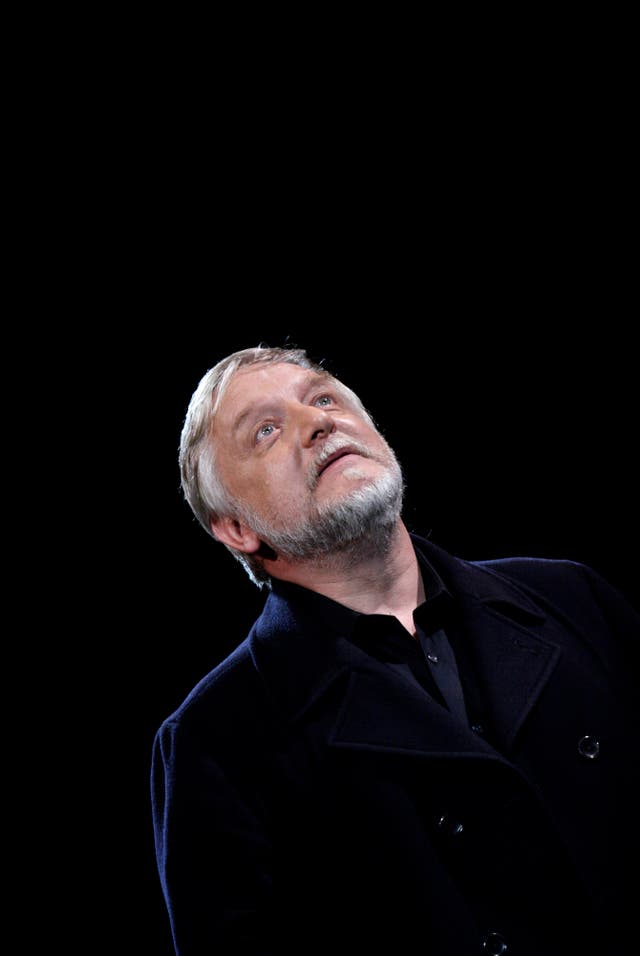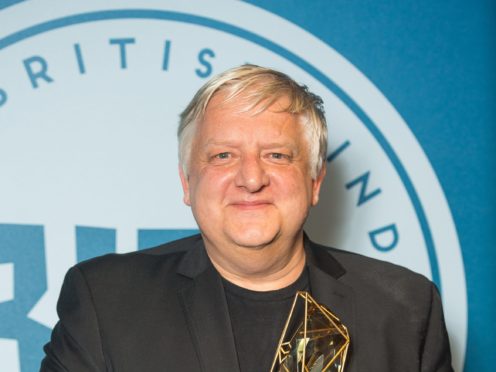One of the most acclaimed stars of British theatre, Simon Russell Beale, has has said his mother would be proud as he is knighted for his services to drama.
A chorister at St Paul’s Cathedral from the age of eight, he started his stage career at the Royal Shakespeare Company (RSC) and in 1990 he received commendation at the first Ian Charleson Awards for his performances in The Seagull, Troilus and Cressida and title role of Edward II with the company.
It was at the RSC where he first worked with the director Sam Mendes, with whom he has had a long and fruitful relationship throughout his career.

It was Mendes who directed him to an Olivier Award in the title role in Chekhov’s Uncle Vanya at the Donmar Warehouse, alongside Helen McCrory and Mark Strong in 2003.
Other celebrated roles include as Cassius in Julius Caesar opposite Ralph Fiennes at the Barbican, and Macbeth at the Almeida Theatre, followed by King Arthur in Monty Python’s Spamalot, but he has most notably been a regular at the National Theatre since 1995, where he appeared in Jumpers, Candide and Humble Boy, in a part written for him by Charlotte Jones.
Of his knighthood, he told the Press Association: “It is a very great honour and I think my mother, were she alive, would be very proud.”
Beale is also a familiar face on television, having won Baftas for the adaptation of A Dance To the Music Of Time and for his role as Falstaff in The Hollow Crown, and a familiar voice on the radio, having played George Smiley in the BBC Radio 4 adaptation of all of the John le Carre’s novels in which he featured.
Born in Penang, Malaysia in 1961, Beale studied at Gonville and Caius College, Cambridge and in 2014 was appointed the Cameron Mackintosh Professor of Contemporary Theatre at Oxford University, based at St Catherine’s College.
His most recent appearance on stage has reunited him with Mendes, scoring rave reviews for his turn in The Lehman Trilogy, about the banking family that established Lehman Brothers.
The play originated at the National Theatre, before transferring to the Park Avenue Armory in New York and then back to London, where it is at the Piccadilly Theatre.
